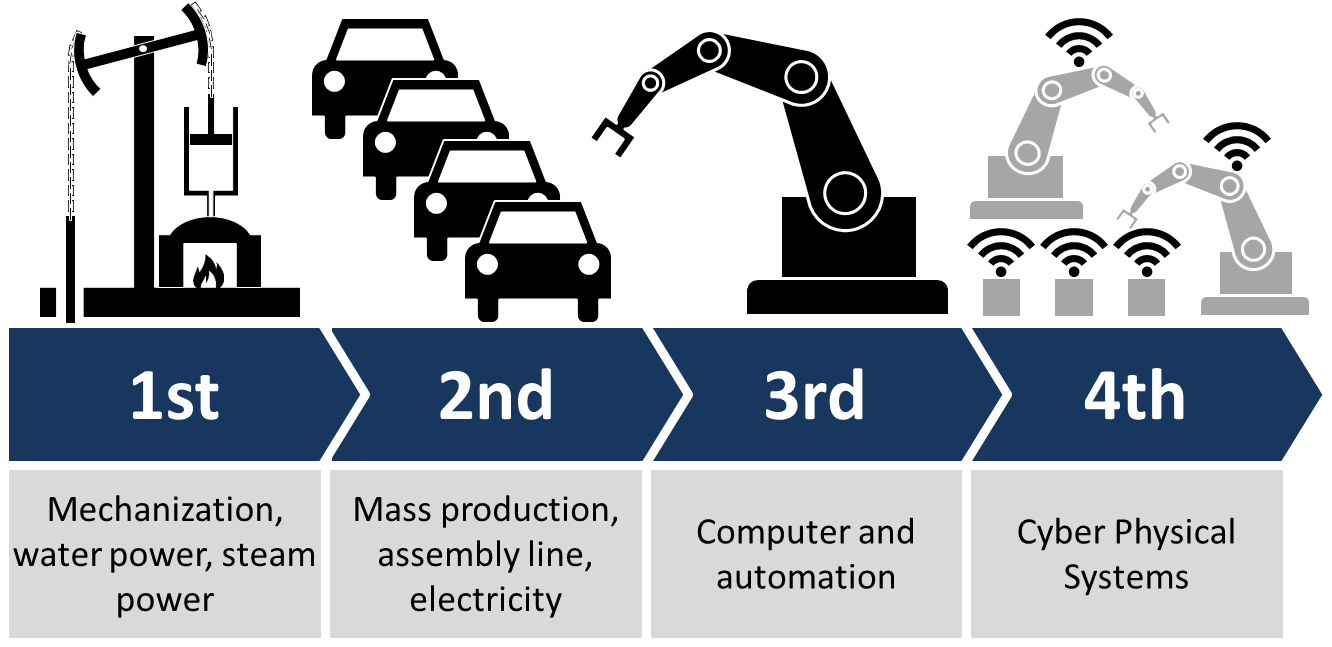

A FEW DAYS ago we published this long article about the demise of software patents, accompanied/complete with new examples. As we showed at the time, the patent industry was fuming and looking for workarounds.
The impact of recent ۤ 101 changes on the patent community, particularly for computing technologies, is difficult to overstate. As the various administrative bodies seek (and fail to find) a coherent and consistent statement of the law, a distinct reality is manifesting at the point where the rubber meets the road Рin day-to-day patent examination. This first post of the reconstituted USPTO Talk presents observations about the state of play in ۤ 101 examination practice for computer-related inventions.
"Having studied the matter for over a decade (and published many thousands of articles about it), what we see nowadays is a retreat to buzzwords."See this new European tweet which reads: "Workshop open to IoT vendors & innovators #SMEs @IConectada40 CEN-CENELEC/WS SEP2 - Industry Best Practices and an Industry Code of Conduct for Licensing of Standard Essential Patents in the field of 5G and Internet of Things…"
There's also this new report titled "PATENTING INTERNET OF THINGS (IoT) AND INDUSTRIAL IoT INVENTIONS AFTER ALICE" and "TRENDS AND PRACTICE TIPS IN THERAPEUTIC ANTIBODY PATENTING" from the same firm (uploaded last month). Patenting software algorithms by disguising them with buzzwords like "IoT" isn't an entirely new thing. We wrote a lot about it. We expect to see more of that in months/years to come (until they embrace newer buzzwords).
"We expect to see more of that in months/years to come (until they embrace newer buzzwords)."(Self-)esteemed lawyers from McDermott Will & Emery apparently want to infect digital currencies too with software patents; they just use trendy terms like "Blockchain" and "Cryptocurrency".
Safraz W Ishmael from Proskauer Rose LLP (an infamous cherry-picker) has just published a long article titled "Patenting the Blockchain". It's in the National Law Review and it says this:
And while software patents are much more difficult to get through the Patent Office these days, especially after the Supreme Court’s 2014 ruling in Alice v. CLS Bank (finding that software that implements intermediated settlement services is ineligible for patenting), recent interpretations of the Alice case by the lower courts have indicated that patents directed to innovative database technologies that improve a network of computers may be patent eligible. As blockchain is at bottom a complex decentralized database system designed to track and store electronic transactions, many innovations in the space may very well be eligible for patenting.
"This is still software; Ishmael does not name any of these "lower courts" decisions that he alludes to."The bottom line is, watch out for (mis)use of buzzwords; the EPO does this a lot (in recent months we covered many examples) and the USPTO is more receptive towards patent applications which disguise algorithms this way. ⬆